From its crisp, juicy texture to its sweet and delicate flavor, the pear is a fruit that delights the senses and nourishes the body. This humble fruit, often overlooked in favor of its more popular counterparts, is a true gem of nature that deserves a place of honor in every kitchen. The pear, a member of the Rosaceae family, is a fruit that has been enjoyed by humans for thousands of years. Native to temperate climates in the Northern Hemisphere, pears are believed to have originated in the region encompassing the Caucasus and the area around the Caspian Sea. Over the centuries, pears have been cultivated in various parts of the world, from Europe to Asia to North America, leading to the wide variety of pear cultivars available today. One of the most appealing qualities of pears is their versatility.
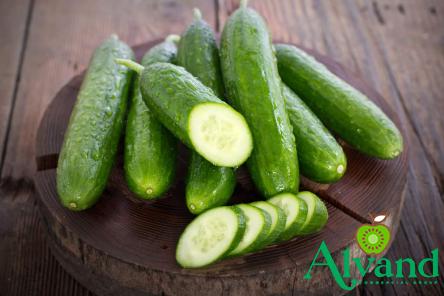
.
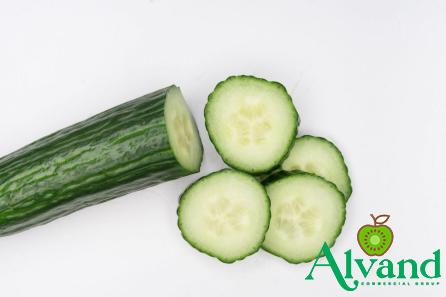 Pears can be enjoyed in a multitude of ways, making them a staple in both sweet and savory dishes. When ripe, pears can be eaten fresh, sliced and added to salads, or cooked into luscious desserts like pies, tarts, and cobblers. Pears can also be poached, roasted, or grilled to bring out their natural sweetness and enhance their flavor profile. In addition to their culinary appeal, pears are also a nutritional powerhouse. Pears are an excellent source of dietary fiber, vitamins C and K, and essential minerals such as copper and potassium. Fiber is particularly abundant in pears, with a medium-sized pear providing about 6 grams of fiber, which is roughly 24% of the recommended daily intake. This high fiber content makes pears a great choice for promoting digestive health and maintaining healthy blood sugar levels. Moreover, pears are a low-calorie fruit, making them a smart choice for those looking to manage their weight or simply eat more healthfully. A medium-sized pear contains about 100 calories and zero fat, making it a guilt-free snack that can be enjoyed at any time of the day. The natural sweetness of pears also makes them a perfect alternative to sugary snacks and desserts, helping satisfy cravings while still providing essential nutrients. Beyond their culinary and nutritional benefits, pears also offer a range of health benefits that make them a valuable addition to any diet. Pears are packed with antioxidants, such as vitamin C and flavonoids, which help protect the body against damage from free radicals and reduce the risk of chronic diseases such as heart disease, cancer, and diabetes. The high water content of pears also helps keep the body hydrated and aids in the elimination of toxins, promoting overall wellness and vitality. One of the most fascinating aspects of pears is the wide variety of cultivars available, each with its own unique characteristics and flavor profiles. Some of the most popular pear cultivars include the Bartlett, Anjou, Bosc, and Comice pears, each offering a distinct taste and texture that can be enjoyed in different ways. The Bartlett pear, for example, is known for its juicy and sweet flavor, making it a favorite for eating fresh or in desserts. The Anjou pear, on the other hand, has a firm texture and subtle sweetness, making it ideal for poaching or baking. When selecting pears, it’s important to choose fruits that are ripe but still firm to the touch.
Pears can be enjoyed in a multitude of ways, making them a staple in both sweet and savory dishes. When ripe, pears can be eaten fresh, sliced and added to salads, or cooked into luscious desserts like pies, tarts, and cobblers. Pears can also be poached, roasted, or grilled to bring out their natural sweetness and enhance their flavor profile. In addition to their culinary appeal, pears are also a nutritional powerhouse. Pears are an excellent source of dietary fiber, vitamins C and K, and essential minerals such as copper and potassium. Fiber is particularly abundant in pears, with a medium-sized pear providing about 6 grams of fiber, which is roughly 24% of the recommended daily intake. This high fiber content makes pears a great choice for promoting digestive health and maintaining healthy blood sugar levels. Moreover, pears are a low-calorie fruit, making them a smart choice for those looking to manage their weight or simply eat more healthfully. A medium-sized pear contains about 100 calories and zero fat, making it a guilt-free snack that can be enjoyed at any time of the day. The natural sweetness of pears also makes them a perfect alternative to sugary snacks and desserts, helping satisfy cravings while still providing essential nutrients. Beyond their culinary and nutritional benefits, pears also offer a range of health benefits that make them a valuable addition to any diet. Pears are packed with antioxidants, such as vitamin C and flavonoids, which help protect the body against damage from free radicals and reduce the risk of chronic diseases such as heart disease, cancer, and diabetes. The high water content of pears also helps keep the body hydrated and aids in the elimination of toxins, promoting overall wellness and vitality. One of the most fascinating aspects of pears is the wide variety of cultivars available, each with its own unique characteristics and flavor profiles. Some of the most popular pear cultivars include the Bartlett, Anjou, Bosc, and Comice pears, each offering a distinct taste and texture that can be enjoyed in different ways. The Bartlett pear, for example, is known for its juicy and sweet flavor, making it a favorite for eating fresh or in desserts. The Anjou pear, on the other hand, has a firm texture and subtle sweetness, making it ideal for poaching or baking. When selecting pears, it’s important to choose fruits that are ripe but still firm to the touch.
..
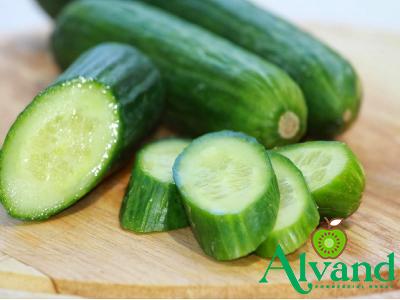 Pears continue to ripen after they have been picked, so it’s best to store them at room temperature until they reach the desired level of ripeness. Pears can also be stored in the refrigerator to extend their shelf life, although they should be allowed to come to room temperature before eating to fully enjoy their flavor and texture. In conclusion, the pear is a fruit that offers a perfect balance of flavor, nutrition, and versatility. Whether eaten fresh, cooked, or incorporated into a variety of dishes, pears are a delicious and healthful addition to any diet. With their rich history, diverse cultivars, and numerous health benefits, pears are a fruit that truly deserves a place of honor in our kitchens and on our plates. So next time you’re at the market, be sure to pick up a few pears and discover for yourself the joy of this wonderful fruit. The pear, with its elegant shape and delicate taste, is a fruit that has captured the hearts and palates of people around the world. Beloved for its juicy flesh and sweet aroma, the pear has found its way into countless recipes, from comforting pies and crumbles to elegant salads and appetizers. Its versatility in both savory and sweet dishes makes it a must-have ingredient in any kitchen. Pears are not only delicious but also incredibly nutritious. They are an excellent source of fiber, vitamins, and minerals that contribute to overall health and well-being. The fiber in pears aids in digestion, promotes gut health, and helps regulate blood sugar levels. The vitamins and minerals in pears, such as vitamin C and potassium, support immune function, heart health, and electrolyte balance. What sets pears apart from other fruits is their natural sweetness and subtle flavor profile. Pears have a unique combination of sweetness and acidity that makes them a perfect ingredient for both desserts and savory dishes. Their versatility allows them to be used in a wide range of culinary applications, from simple snacks to gourmet creations. Pears can be enjoyed in a variety of ways, depending on personal preference and culinary creativity.
Pears continue to ripen after they have been picked, so it’s best to store them at room temperature until they reach the desired level of ripeness. Pears can also be stored in the refrigerator to extend their shelf life, although they should be allowed to come to room temperature before eating to fully enjoy their flavor and texture. In conclusion, the pear is a fruit that offers a perfect balance of flavor, nutrition, and versatility. Whether eaten fresh, cooked, or incorporated into a variety of dishes, pears are a delicious and healthful addition to any diet. With their rich history, diverse cultivars, and numerous health benefits, pears are a fruit that truly deserves a place of honor in our kitchens and on our plates. So next time you’re at the market, be sure to pick up a few pears and discover for yourself the joy of this wonderful fruit. The pear, with its elegant shape and delicate taste, is a fruit that has captured the hearts and palates of people around the world. Beloved for its juicy flesh and sweet aroma, the pear has found its way into countless recipes, from comforting pies and crumbles to elegant salads and appetizers. Its versatility in both savory and sweet dishes makes it a must-have ingredient in any kitchen. Pears are not only delicious but also incredibly nutritious. They are an excellent source of fiber, vitamins, and minerals that contribute to overall health and well-being. The fiber in pears aids in digestion, promotes gut health, and helps regulate blood sugar levels. The vitamins and minerals in pears, such as vitamin C and potassium, support immune function, heart health, and electrolyte balance. What sets pears apart from other fruits is their natural sweetness and subtle flavor profile. Pears have a unique combination of sweetness and acidity that makes them a perfect ingredient for both desserts and savory dishes. Their versatility allows them to be used in a wide range of culinary applications, from simple snacks to gourmet creations. Pears can be enjoyed in a variety of ways, depending on personal preference and culinary creativity.
…
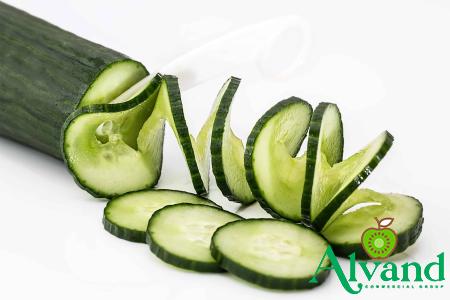 For a quick and easy snack, simply slice a ripe pear and enjoy it on its own or with a sprinkle of cinnamon for added flavor. Pears can also be incorporated into salads, where their sweet and juicy taste pairs well with bitter greens, tangy dressings, and crunchy nuts or seeds. In baking, pears can be the star of the show in classic desserts like tarts, crumbles, and pies. Their natural sweetness caramelizes beautifully when cooked, creating a luscious filling that pairs perfectly with buttery pastry or crumbly toppings. For a healthier twist, try baking pears with a drizzle of honey and a sprinkle of oats for a guilt-free dessert that satisfies your sweet tooth. Pears can also be used in savory dishes to add a touch of sweetness and depth of flavor. Roast pears with herbs and spices to serve alongside roasted meats or add diced pears to savory stews and braises for a hint of sweetness that balances out rich and savory flavors. Pears can even be grilled and served with cheese or as a topping for pizza for a unique and delicious twist. When it comes to choosing pears, there are several factors to consider to ensure you pick the best fruit for your needs. Look for pears that are fragrant and firm to the touch, with a slight give near the stem. Avoid pears that are overly soft, bruised, or have cuts or blemishes, as these may indicate the fruit is past its prime. Once you’ve selected the perfect pears, store them at room temperature to allow them to ripen fully. You can speed up the ripening process by placing pears in a paper bag with a ripe banana or apple, which releases ethylene gas that helps pears ripen faster. Once ripe, store pears in the refrigerator to extend their shelf life and enjoy them at their best. In conclusion, the pear is a fruit that not only delights the taste buds but also nourishes the body and soul. Its versatility, nutritional benefits, and unique flavor make it a standout ingredient in any kitchen. Whether enjoyed fresh, baked, or cooked, pears are a delicious and wholesome addition to a balanced diet. So next time you’re looking for a fruit to elevate your dishes and satisfy your cravings, reach for a pear and savor all that this remarkable fruit has to offer.
For a quick and easy snack, simply slice a ripe pear and enjoy it on its own or with a sprinkle of cinnamon for added flavor. Pears can also be incorporated into salads, where their sweet and juicy taste pairs well with bitter greens, tangy dressings, and crunchy nuts or seeds. In baking, pears can be the star of the show in classic desserts like tarts, crumbles, and pies. Their natural sweetness caramelizes beautifully when cooked, creating a luscious filling that pairs perfectly with buttery pastry or crumbly toppings. For a healthier twist, try baking pears with a drizzle of honey and a sprinkle of oats for a guilt-free dessert that satisfies your sweet tooth. Pears can also be used in savory dishes to add a touch of sweetness and depth of flavor. Roast pears with herbs and spices to serve alongside roasted meats or add diced pears to savory stews and braises for a hint of sweetness that balances out rich and savory flavors. Pears can even be grilled and served with cheese or as a topping for pizza for a unique and delicious twist. When it comes to choosing pears, there are several factors to consider to ensure you pick the best fruit for your needs. Look for pears that are fragrant and firm to the touch, with a slight give near the stem. Avoid pears that are overly soft, bruised, or have cuts or blemishes, as these may indicate the fruit is past its prime. Once you’ve selected the perfect pears, store them at room temperature to allow them to ripen fully. You can speed up the ripening process by placing pears in a paper bag with a ripe banana or apple, which releases ethylene gas that helps pears ripen faster. Once ripe, store pears in the refrigerator to extend their shelf life and enjoy them at their best. In conclusion, the pear is a fruit that not only delights the taste buds but also nourishes the body and soul. Its versatility, nutritional benefits, and unique flavor make it a standout ingredient in any kitchen. Whether enjoyed fresh, baked, or cooked, pears are a delicious and wholesome addition to a balanced diet. So next time you’re looking for a fruit to elevate your dishes and satisfy your cravings, reach for a pear and savor all that this remarkable fruit has to offer.
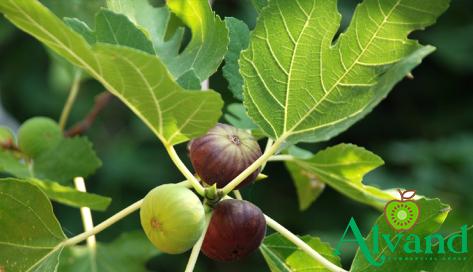
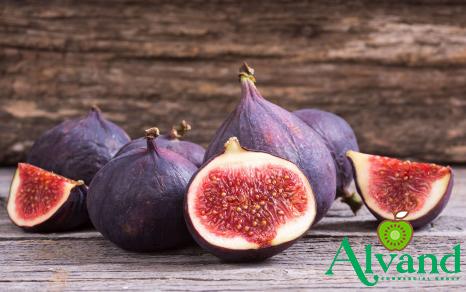
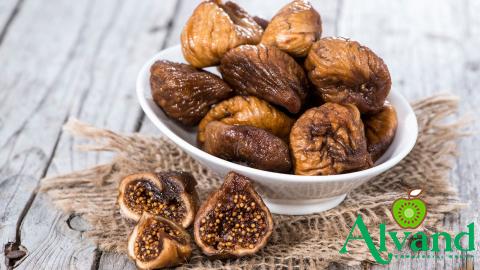
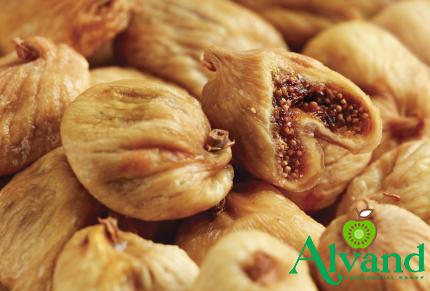
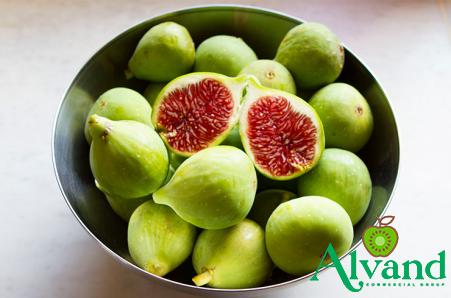
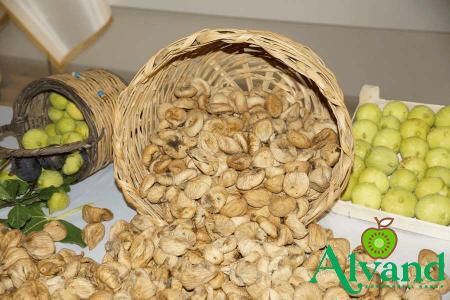
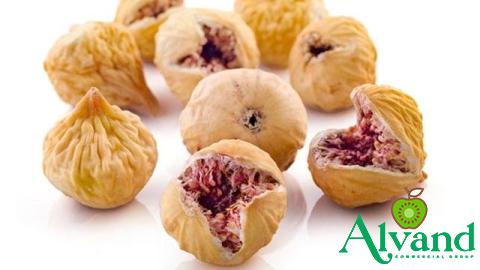
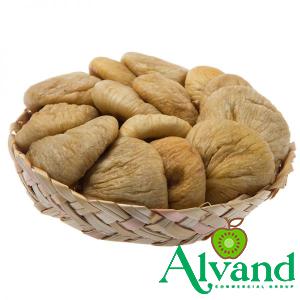
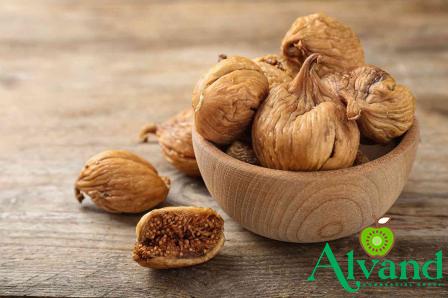
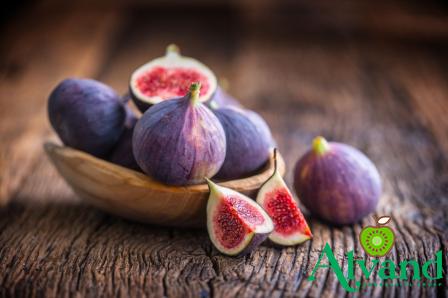
Your comment submitted.